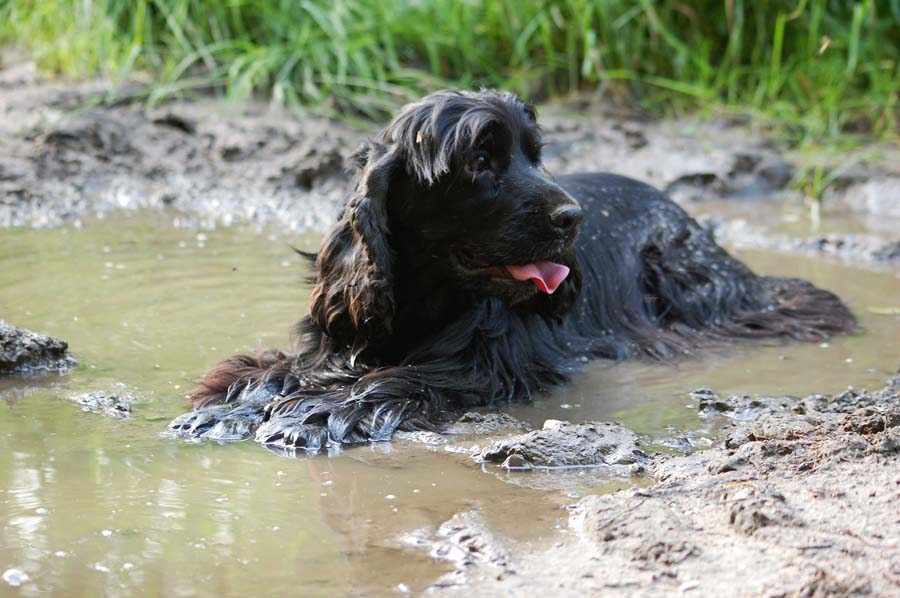Nasty and potentially lethal disease for dogs
Leptospirosis
Many of our pet owners may be aware of a recent case of Leptospirosis in Elanora on the Northern Beaches. This is a developing situation and we are monitoring the situation closely. To date, the majority of Leptospirosis cases since 2019 have been from dogs living in or visiting the Inner City and Inner West areas of Sydney. The Elanora case is the first locally acquired case in the Northern Beaches.
What is leptospirosis?
Leptospirosis is a bacterial infection that lives in our rat population. It has been present in Australia for decades, but we typically only see very sporadic cases in the metropolitan areas.
Dogs can become infected by eating diseased rats or drinking water contaminated with rat urine. It is extremely unlikely for your dog to catch Leptospirosis from general contact with other dogs. While the number of cases in Sydney is low, this is a serious disease with a high mortality rate in dogs and is a zoonotic disease (meaning it can spread to people).
Should I vaccinate my dog against leptospirosis?
 Turramurra Veterinary Hospital currently recommends that vaccination for Leptospirosis is performed on an individual risk assessment basis as per the guidelines released by the research team at the University of Sydney headed by specialist Dr. Christine Griebsch, with her thesis, “Emerging leptospirosis in urban Sydney dogs – sources, risk factors and prevention”.
Turramurra Veterinary Hospital currently recommends that vaccination for Leptospirosis is performed on an individual risk assessment basis as per the guidelines released by the research team at the University of Sydney headed by specialist Dr. Christine Griebsch, with her thesis, “Emerging leptospirosis in urban Sydney dogs – sources, risk factors and prevention”.
Vaccination at this stage is advised for any dog in the following situations
- Dogs that visit the Northern Beaches (including Bayview dog beach, Narrabeen/Warriewood lagoon) or the Inner City (including Lower North Shore) and Inner West
- Dogs travelling to country and rural areas especially with the current mouse plague
- If your dog regularly goes swimming, drinks from puddles or has contact with rats then we would also advise vaccination.
If your dog is an Upper North Shore local, who does not leave the immediate area, then at this stage the risk appears very low but we are still happy to vaccinate your dog for your peace of mind. As this is an evolving situation, our recommendations may change, and updates will be provided to our clients as required.
How do I have my dog vaccinated against Leptospirosis at Turramurra Vet Hospital?
Dogs require two vaccinations, 2-4 weeks apart to provide protection then an annual booster.
If you would like to have your dog vaccinated, it can be done at the same time as their regular vaccinations, or if these are not due soon, the vaccination can be performed separately.
To make an appointment, you can book online here or via our reception team on 9988 0198.
What are the symptoms of leptospirosis?
Leptospirosis in dogs can present with vague symptoms at first including lethargy, vomiting, diarrhoea and fever (many other diseases can cause the same signs). Following this, more severe disease including kidney failure and liver disease occurs. Unfortunately, there is a high fatality rate even with appropriate treatment.
What other precautions can I take?
Limit your dog’s access to water sources frequented by rats (creeks, lakes).
Maintain good hand washing hygiene due to the zoonotic nature of the disease.
Can cats catch leptospirosis?
Theoretically cats can be infected with Leptospirosis, though this seems to be extremely rare compared with the risk to dogs. There is no vaccine available for cats.


